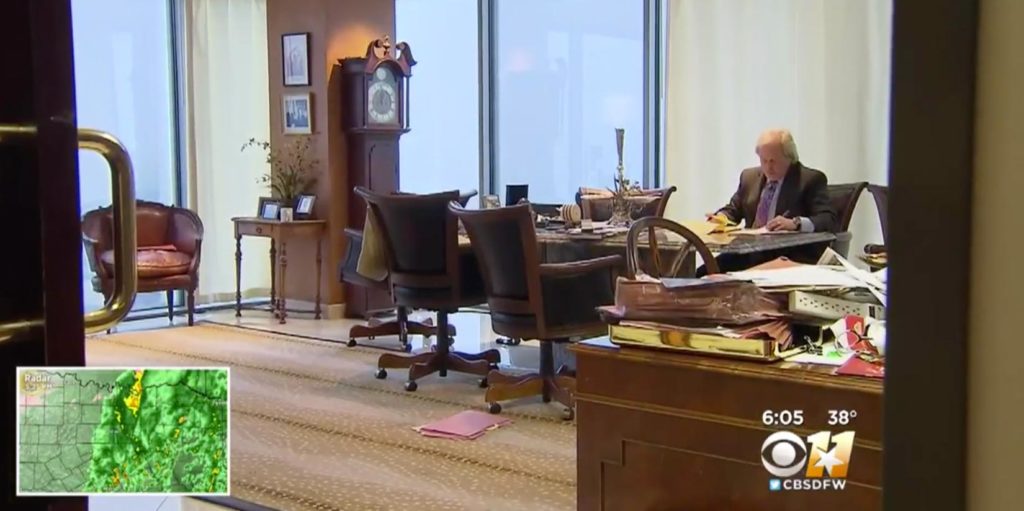By: Robbie Owens
CBS11
DALLAS (CBSDFW.COM) – From Hollywood to Capitol Hill to the nation’s newsrooms, the #MeToo movement has exposed former power brokers as abusers. Now, the Dallas Mavericks organization has come under scrutiny. Specifically, former team president and CEO Terdema Ussery has been publicly accused of sexually harassing female employees.
“It’s in every level of life we live, and a lot of people get away with,” said Reginald Hilliard, who explained that he supports the sense of reckoning ushered in by the #MeToo movement. “So, I’m not surprised,” he said, when asked about the accusations depicted in a Sports Illustrated investigation. “Disappointed, absolutely. But, not surprised.”
So, what do you do if you’re being harassed and the situation isn’t likely to become national news?
“Do the same things that the companies do,” said Dallas business and employment attorney Rogge Dunn, “document, document, document.”
Still, Dunn admitted that waging a battle to prove harassment is difficult, and the fear of retaliation is huge. “It’s very real,” said Dunn. “That puts an individual in the worst possible dilemma. Do I put up with illegal and annoying and harassing comments, or making passes and gestures? If no, at the same time, I risk putting my family [financially] at risk. Who has the courage to do that?”
Dunn said, if possible, reach out to human resources. If such a move seems like too much of a risk, he suggested sending a “gentle” email to the tormentor — one that’s not intended to anger. But declining an inappropriate request in writing documents the exchange.
At the very least, Dunn said, send timestamped emails to yourself to document incidents of offensive or harassing behavior. And seek out co-workers who may also have witnessed or been victims of harassment. Dunn said that one person may be dismissed as an outlier. If several people come forward, complaints will be more difficult to ignore.
Finally, discreetly record conversations if possible — the more spontaneous the better. “If someone is saying vulgar things to you that they’re going to deny,” Dunn said, “a tape recording is a great way to avoid a he said/she said swearing later.”
Dunn also has some advice for the C-suite. “Watch what you say,” he added. “If it doesn’t pass the mom, daughter or “60 Minutes” test, don’t say it and don’t do it! It’s just that simple for executives!”
